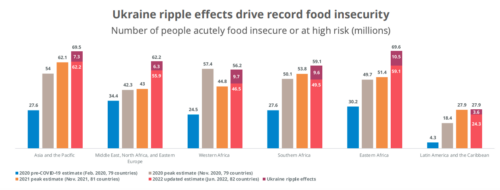- Joined
- Feb 9, 2024
- Messages
- 3,901
- Reaction score
- 17,353
- Points
- 93
---
Welcome to the Current Affairs Lodge! This is a space to dive into discussions on recent and significant news, global occurrences, and the impact they have on our world today. Let's engage in insightful conversation, share perspectives, and stay informed on the constantly evolving happenings that shape our reality.
What's everyone's take on some of the current affairs hot topics at the moment? We've got a lot on our plate, from global conflicts to economic crises to new technological breakthroughs. Fire away!
Welcome to the Current Affairs Lodge! This is a space to dive into discussions on recent and significant news, global occurrences, and the impact they have on our world today. Let's engage in insightful conversation, share perspectives, and stay informed on the constantly evolving happenings that shape our reality.
What's everyone's take on some of the current affairs hot topics at the moment? We've got a lot on our plate, from global conflicts to economic crises to new technological breakthroughs. Fire away!

